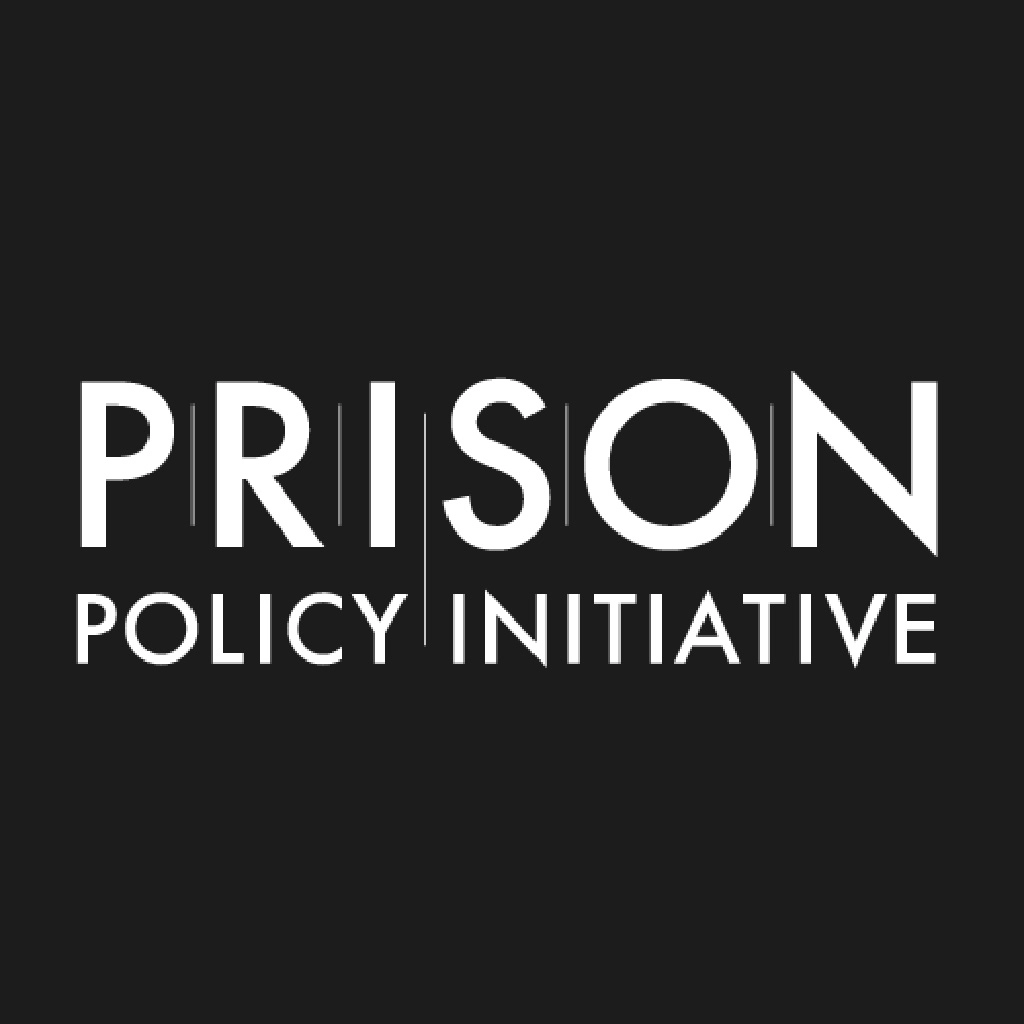Eric Seligman (JJay Economics MA ’22) and Brian Nam-Sonenstein write on the relationship between economic justice and mass incarceration.
“Money is power in the United States, and mass incarceration plays a major role in determining who can wield power and who can’t. As we’ve noted repeatedly over the years, it is no coincidence that the poorest and most vulnerable communities are also the most policed. The criminal legal system erects significant barriers to employment and the ballot box, economically and politically weakening entire communities. The criminal legal system erects significant barriers to employment and the ballot box, economically and politically weakening entire communities. Importantly, this arrangement impacts all workers: employers use this massive class of disadvantaged people to threaten all workers with replacement and increasingly risky unemployment if they dare to demand better wages and conditions. Mass incarceration also weaves a narrative that pits people with similar economic interests against one another, reducing systemic inequality to matters of individual choice. Fortunately, understanding mass incarceration as the wealthy’s preferred economic policy clarifies that ending it is necessary for all movements for justice and equality — all working people benefit from solidarity with criminalized people.”
Read the full article at the Prison Policy Initiative.
